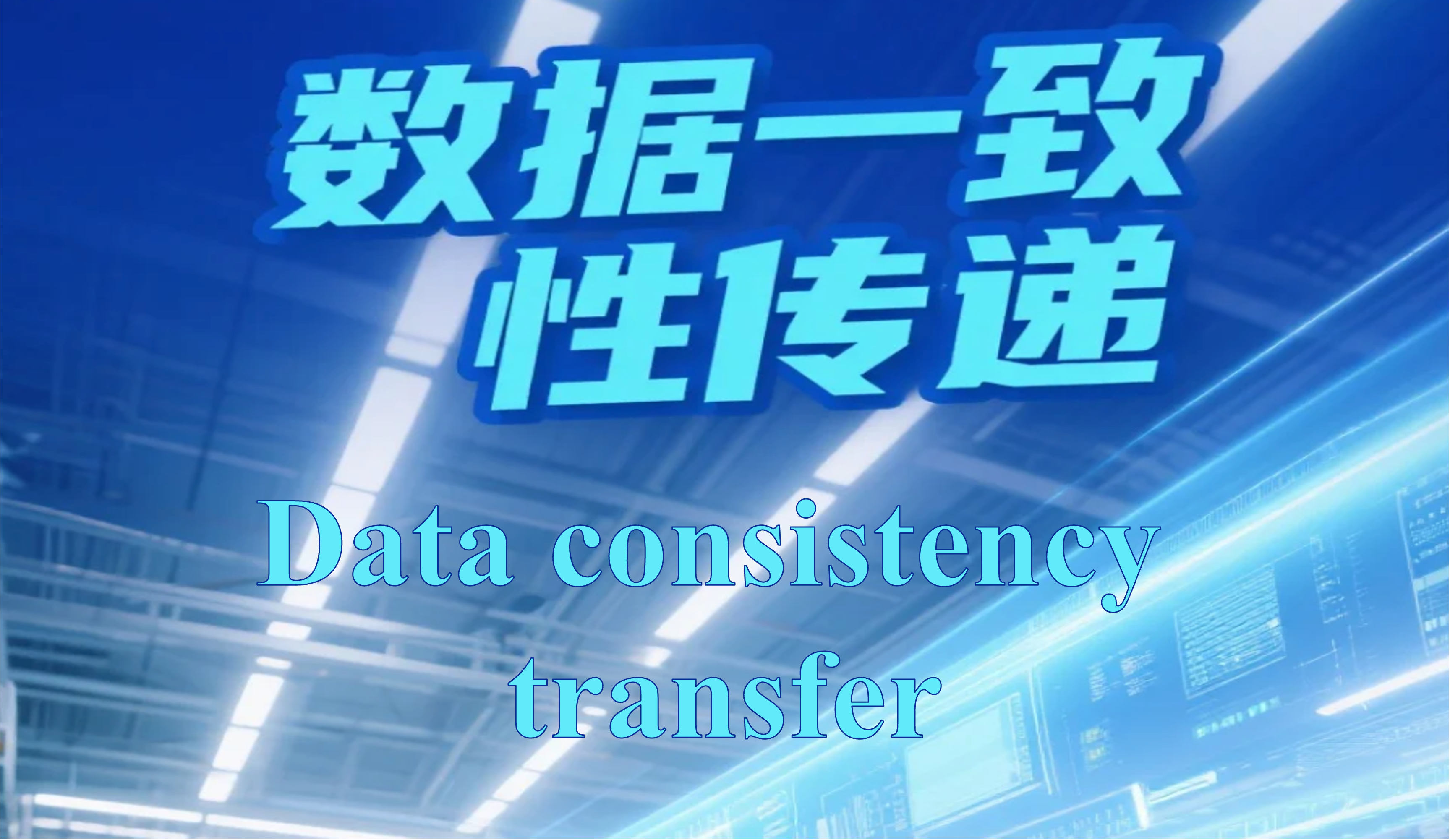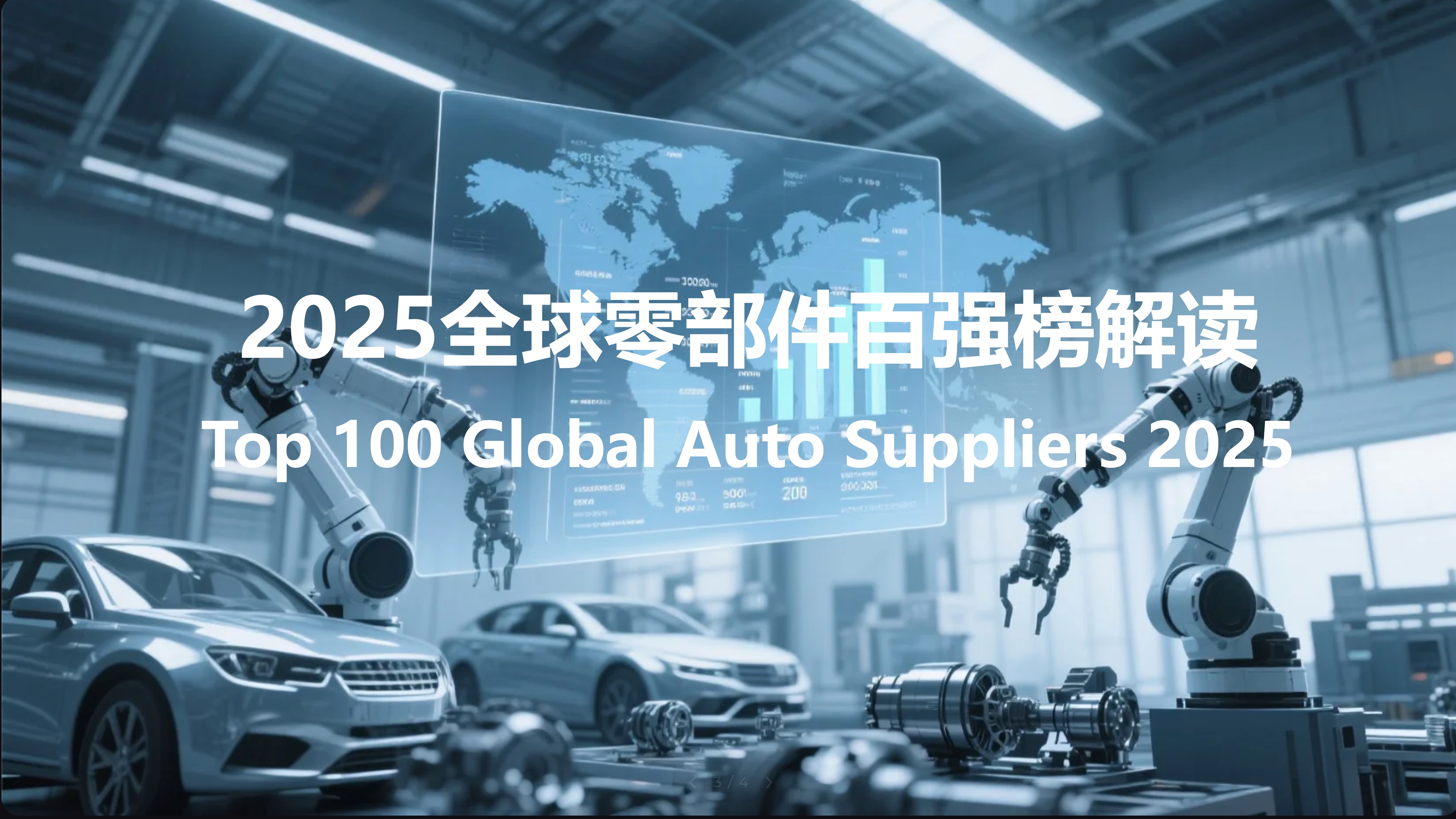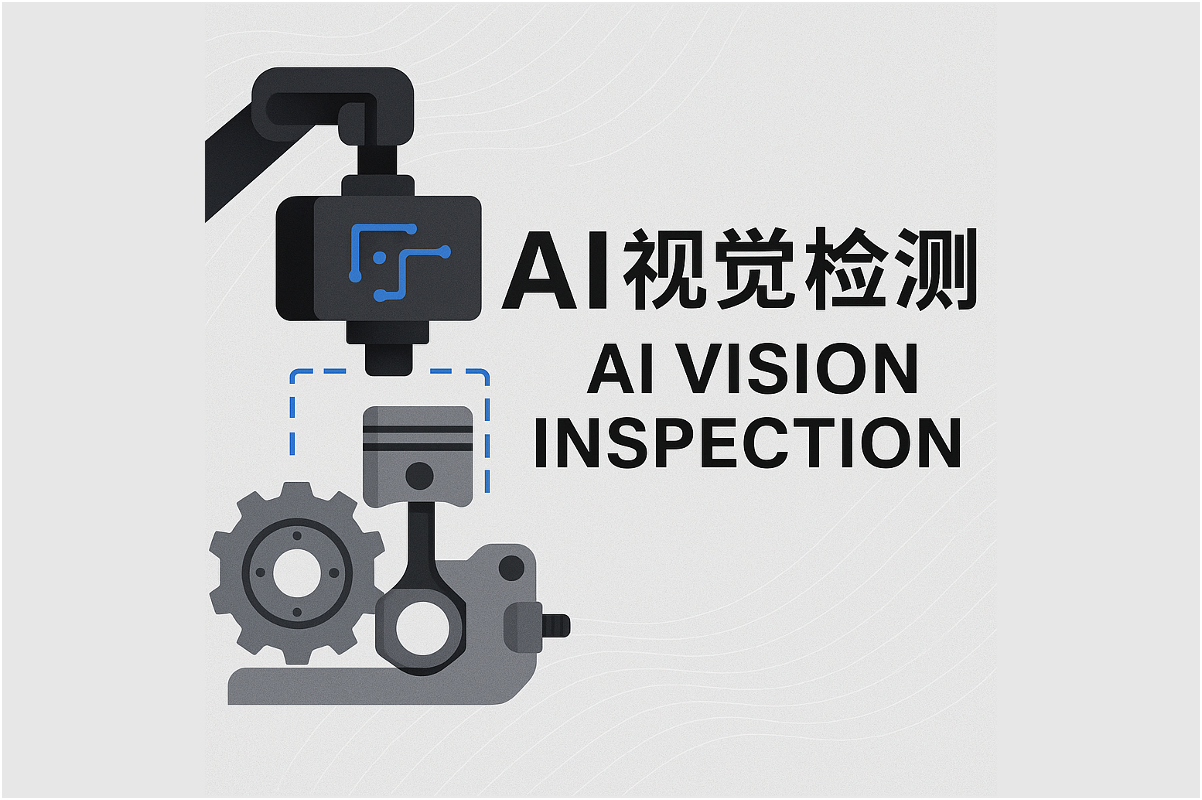In June 2025, Automotive News released its latest Top 100 Global Automotive Parts Suppliers Ranking.
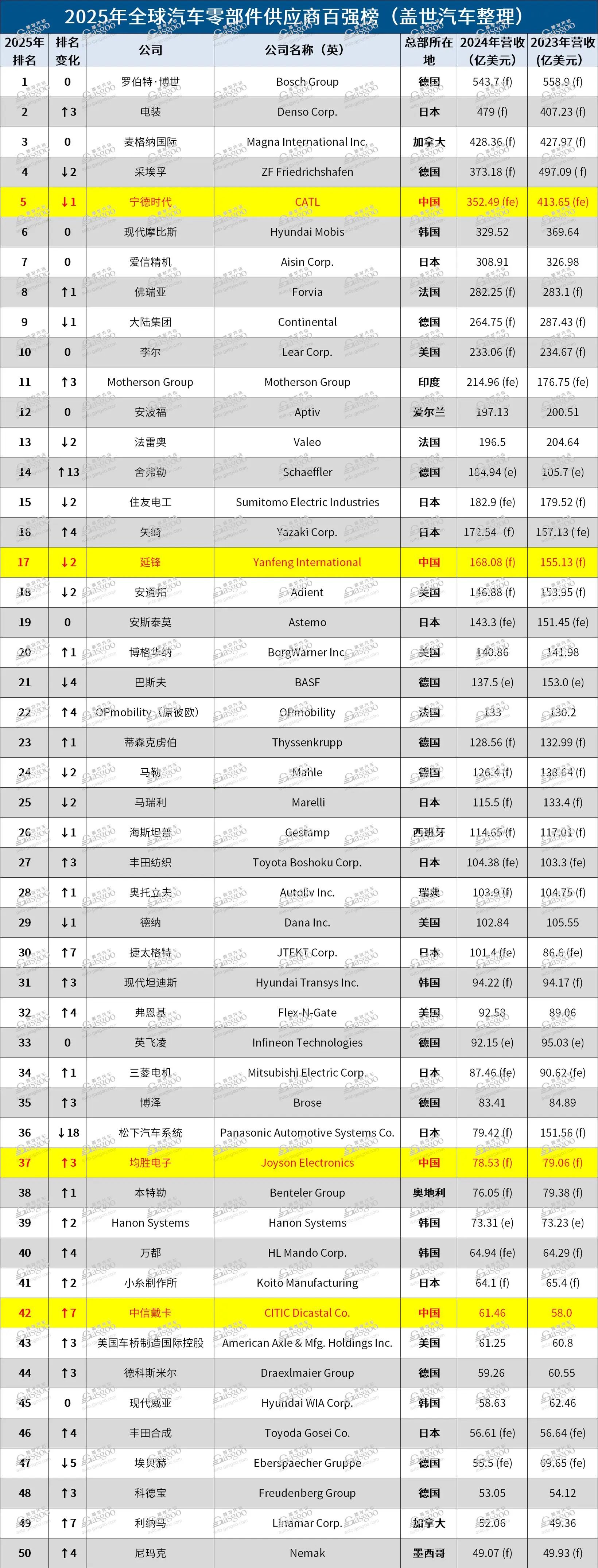
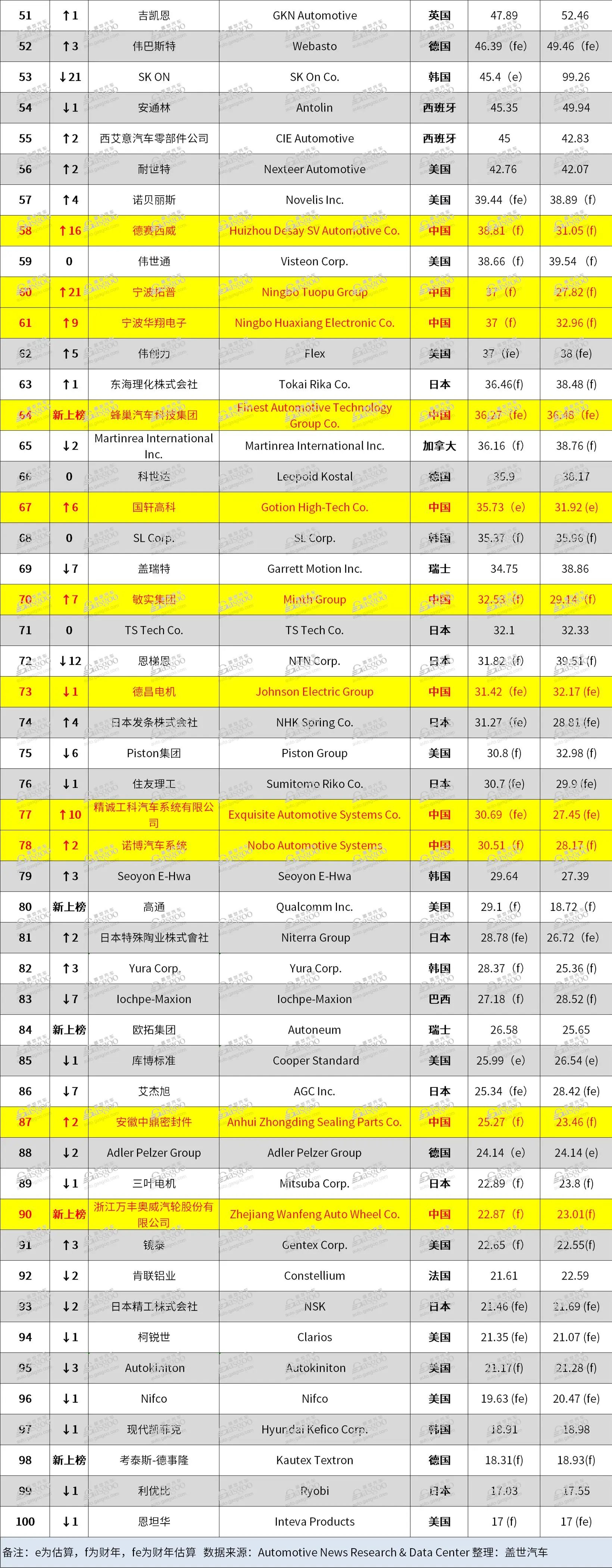
Unlike previous editions, this year’s list is not just a ranking by revenue—it reflects the deep structural shifts occurring across the global auto parts supply chain.
At LinkedData, we don’t see this ranking as a distant scoreboard. It’s a map of challenges our clients are facing every day on the factory floor—and the roadmap we’re building is aimed at solving them.
Trend 1: Growth Slows for Global Giants — “Profit-for-Transformation” Becomes the Norm
60% of the Top 100 suppliers saw a year-over-year revenue decline, including legacy players like ZF, Valeo, and Bosch. Some suffered double-digit drops.
The issue isn’t just declining sales—it’s skyrocketing transformation costs: investments in electrification, limited ROI cycles, and growing software gaps.
Our insight at LinkedData: The old paradigm of “stable supply and quality compliance” is fading. In the next 5 years, auto OEMs will increasingly judge suppliers by how adaptive their factories are—whether they can support fast changes in product structure and reliably deliver at speed and scale.
Trend 2: Electrification and Software Redefine What “Manufacturing” Means
CATL has surged to No. 5 in the ranking, thanks to breakthroughs in battery integration, thermal management, and data-centered engineering.
Players like Qualcomm and Desay SV made the list for the first time—highlighting the growing weight of software and semiconductors.
Implications for factories:
Multi-platform, small-batch, high-switching production becomes the new norm.
The deliverable is no longer just a physical part—but an entire bundle of process control + quality traceability + structured data.
Factories must support full lifecycle collaboration—from design to verification to ramp-up.
Trend 3: Chinese Suppliers on the Rise—But Facing Hidden Bottlenecks
15 Chinese companies made it into the Top 100, including strong performers like Yanfeng, Joyson, and Tuopu. Smart factory initiatives are accelerating across the board.
However, field studies reveal 3 persistent bottlenecks:
Issue 1: System fragmentation and poor responsiveness
→ Multiple systems in place, but no integration. Production issues are still resolved via chat groups, not structured workflows.
Issue 2: Data blind spots, quality risk untraceable
→ Quality relies on paper records and manual inspection. When OEMs ask, “Which batch did this part come from?”—there’s no immediate answer.
Issue 3: Slow ramp-up, slower change, no feedback loop
→ Process versions, instructions, and machine parameters are inconsistent. Line changes rely on Excel sheets. On-site training lacks digital support.
How LinkedData Responds: We Don’t Build Machines—We Build the Factory’s Digital Core
We believe a smart factory is not a collection of smart devices, but an integrated system that merges process logic, execution mechanisms, and organizational discipline.
① Unifying the Operational Chain: MOM System Architecture
LinkedData provides a fully integrated Manufacturing Operations Management (MOM) platform covering:
Module | Key Capabilities |
Work Order Management | Auto breakdown of orders, multi-process coordination, bottleneck alerts |
Production Execution | Real-time takt monitoring, operator guidance, visualized changeovers |
Quality Management | Inline inspection, final QC, and full traceability with automatic parameter checking |
TPM System | Planned + real-time maintenance integrated with machine signals |
Andon System | Real-time issue escalation with ownership and resolution tracking |
Each module is built with one core principle: to fit real factory rhythms—not to force one-size-fits-all digital templates.
② Creating Data Loops: Standardized + Structured Manufacturing Data
We help clients:
Unify standards for work orders, process data, parameters, inspection points;
Structure all factory data—not just searchable, but calculable;
Lay the foundation for AI by ensuring business-first, data-ready operations.
③ Modular and Adaptive Implementation Strategy
For mid-size factories: Close the loop from process → people → materials → machines;
For fast-growing suppliers: First address messiness and poor responsiveness, then scale up to quality and data integration;
For system-heavy clients: We integrate with SAP/ERP/QMS as the smart execution layer on the shop floor.
Conclusion: Beyond Rankings, It’s a Manufacturing Reset
The 2025 Top 100 reminds us: big revenue doesn’t guarantee resilience, and emerging players won’t sustain growth without foundational capabilities.
The true differentiator going forward is whether a supplier’s factory can adapt, predict, and continuously improve.
At LinkedData, we specialize in translating these invisible strengths into visible systems—so that smart manufacturing becomes a repeatable, scalable reality.
Manufacturing isn’t just about output. It’s about organizational capacity.
And we’re here to build that capacity—one system at a time.
Start Now! Improve Order Delivery Efficiency Immediately!
Contact us and explore order delivery efficiency improvement with LinkedData digital transformation experts.
Request a Demo
 0510-8521 1230
0510-8521 1230
